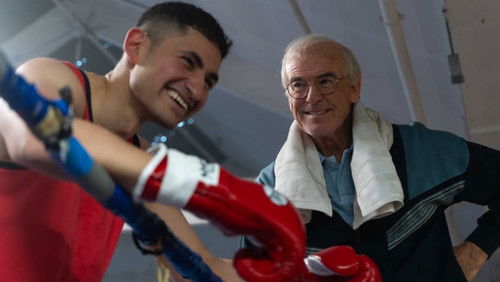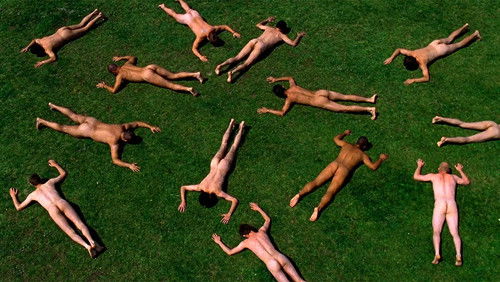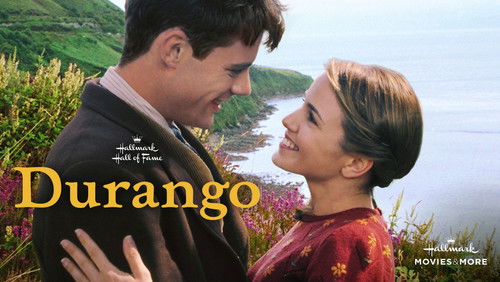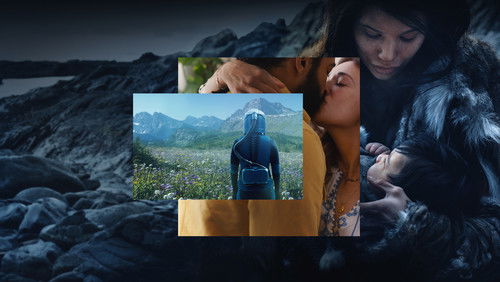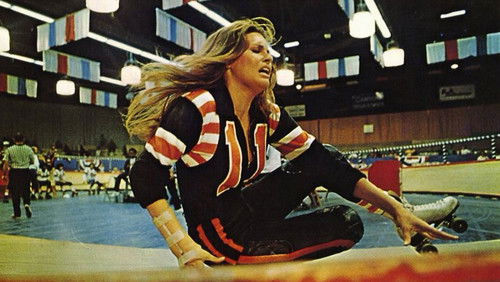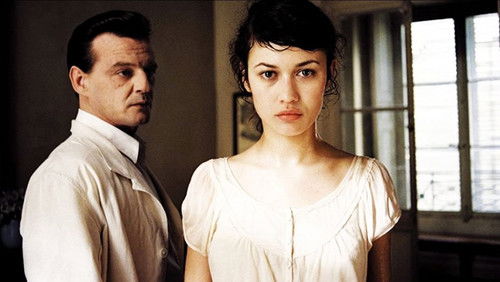Und dann der Regen – También la lluvia (2010)
16KUnd dann der Regen – También la lluvia: Directed by Icíar Bollaín. With Luis Tosar, Gael García Bernal, Juan Carlos Aduviri, Karra Elejalde. As a director and his crew shoot a controversial film about Christopher Columbus in Cochabamba, Bolivia, local people rise up against plans to privatize the water supply.
“It would not be surprising if some day a film school professor chose u0026#39;También la lluviau0026#39; to illustrate a course about committed pictures, for this Spanish-Mexican co-production is indeed a model of its kind. u003cbr/u003eu003cbr/u003eIntelligently written by Paul Laverty (Ken Loachu0026#39;s regular collaborator since 1996) and competently helmed by Icíar Bollaín (a Spanish actress turned director and, incidentally, Lavertyu0026#39;s life companion), u0026#39;También la lluviau0026#39; examines a social and political event that took place in Bolivia in 2000, the Water War, when an American Water Company tried to privatize the drinking water service in the town of Corachamba, implying a tariff raise in an order from 40% to 300%.u003cbr/u003eu003cbr/u003eTo tell his story, the writer could have adopted the committed filmmakeru0026#39;s standard approach: «display of injustice/negative impact on the group concerned/reaction of the most militant/confrontation/resolution of the conflict». Instead, he imagined the coming of a film crew shooting a movie in the surroundings of Carachambo, getting involved gradually– and against their will – in the troubles affecting Corachamba. So do the viewers, who identify with them without having the feeling they are being manipulated by the authors.u003cbr/u003eu003cbr/u003eSuch a concept also gives u0026#39;También la lluviau0026#39; added value, making it function on several levels. It enables Laverty to: – inform his audiences about a little known historical event – unveil a hidden chapter of history (through the subject of the film shot within the film: the first opponents to the Conquistadores, Jesuits Bartolomé de las Casas and Antonio de Montesinos) – have the two stories echo each other and enrich each other – cast a spotlight on Bolivia, a neglected country, and on its Indian population – depict complex characters (the more idealistic ones shying away from direct action when confronted to danger while the more reactionary display unexpected bravery)u003cbr/u003eu003cbr/u003eHelped by Iciar Bollainu0026#39;s sure-handed direction and by the excellence of the cast (Gabriel Garcia Bernal as Sébastián, the tormented director ; Luis Tosar as the cynical producer ; Karra Elejalde, impressive as the provocative star of the film in progress ; and – the revelation of the film, – the amazing Juan Carlos Aduviri, who inhabits his role as the Indian actor/activist Daniel), Paul Laverty manages to teach, move and entertain, while avoiding dogmatism, bias and over-simplification. Just what he is accused of by the flock of bleating French film critics.”
